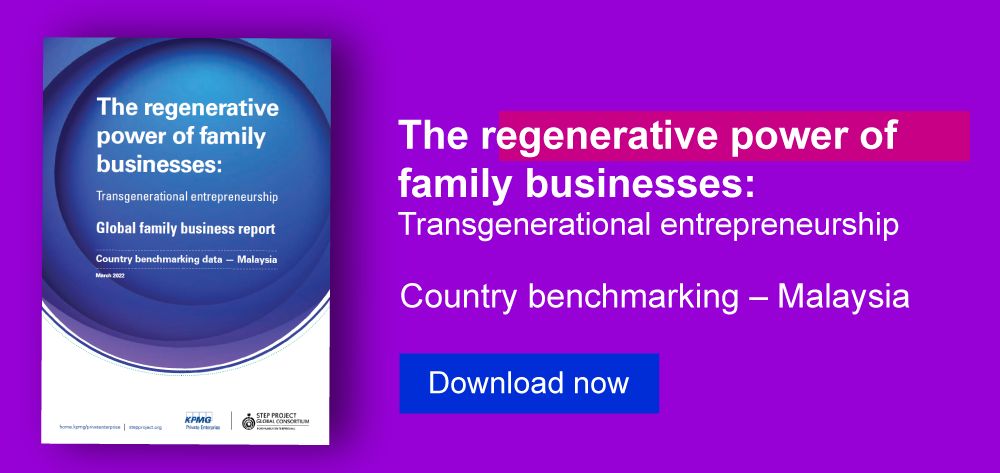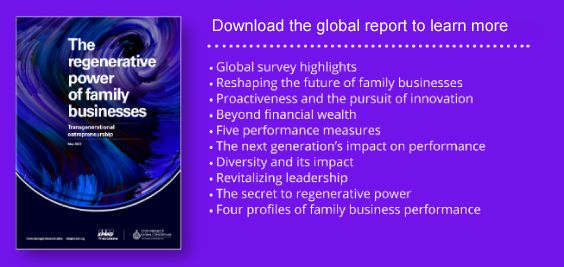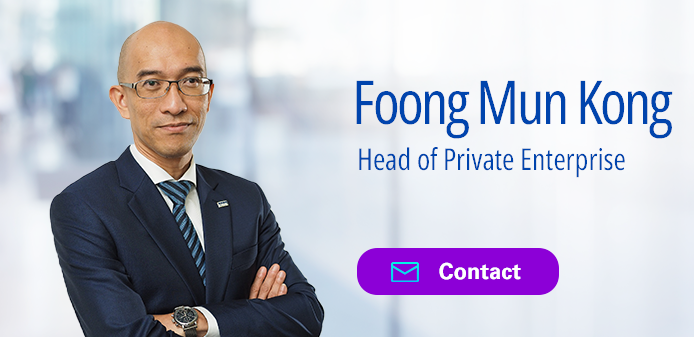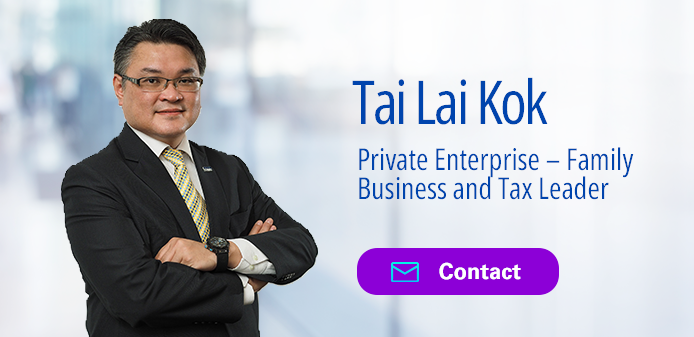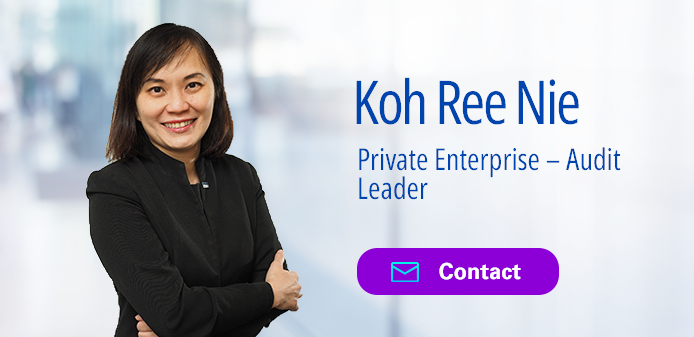
Amid uncertainty and disruption, family businesses continue to show their unrivaled resilience and ability to reinvent themselves in dynamic and unpredictable environments.
Throughout the COVID-19 pandemic, for example, Millennial leaders in particular have played essential roles in proactively accelerating the adoption of new technologies to respond quickly to changing market demands while also advancing their businesses into the future.
Many family businesses have recognized that to achieve high entrepreneurial performance, next-generation family members must be given opportunities to take risks and make judgments on their own — and not simply follow the lead of older generations forever.
Their staying power is fueled by a desire to keep the founders’ entrepreneurial spirit and personal ambition alive through a contemporary lens. And it’s also one of the secrets to their often enviable competitive advantage.

